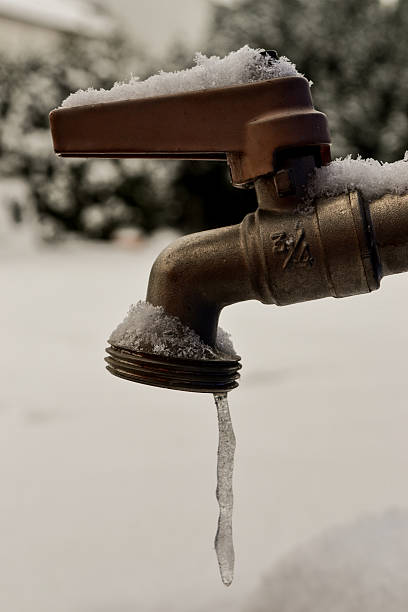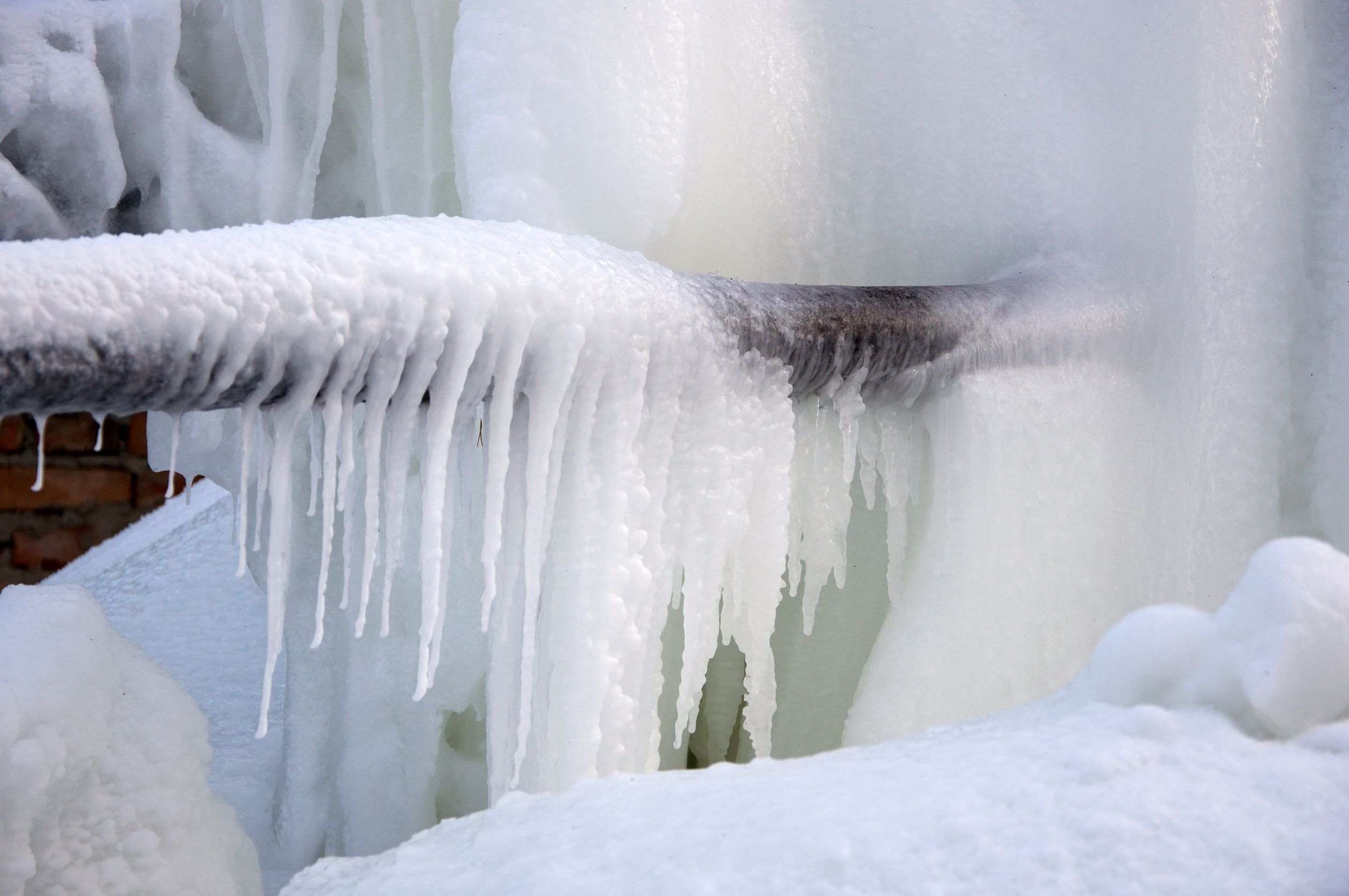The publisher is making a few great pointers about How to Prevent Your Pipes From Freezing as a whole in the content beneath.

Cold weather can damage your plumbing, especially by freezing pipelines. Right here's exactly how to avoid it from occurring and what to do if it does.
Intro
As temperature levels decrease, the danger of frozen pipes rises, possibly causing expensive repair work and water damage. Recognizing just how to avoid frozen pipelines is important for property owners in chilly environments.
Recognizing Frozen Pipelines
What creates pipelines to ice up?
Pipes freeze when exposed to temperatures below 32 ° F (0 ° C) for expanded durations. As water inside the pipes ices up, it expands, putting pressure on the pipeline wall surfaces and potentially causing them to burst.
Risks and damages
Frozen pipes can lead to water supply disturbances, property damage, and costly repairs. Burst pipes can flood homes and create comprehensive structural damages.
Indicators of Frozen Pipes
Identifying frozen pipes early can avoid them from rupturing.
Just how to identify frozen pipelines
Try to find reduced water flow from faucets, uncommon smells or noises from pipelines, and noticeable frost on exposed pipes.
Avoidance Tips
Protecting susceptible pipes
Cover pipes in insulation sleeves or make use of warm tape to safeguard them from freezing temperature levels. Focus on pipelines in unheated or outside areas of the home.
Home heating techniques
Keep indoor areas properly warmed, especially locations with pipes. Open cabinet doors to permit cozy air to circulate around pipelines under sinks.
Protecting Outside Pipes
Yard tubes and outdoor taps
Separate and drain yard tubes before winter season. Install frost-proof spigots or cover outdoor taps with shielded caps.
What to Do If Your Pipelines Freeze
Immediate actions to take
If you presume icy pipelines, maintain faucets open up to ease pressure as the ice melts. Use a hairdryer or towels soaked in warm water to thaw pipelines slowly.
Long-Term Solutions
Architectural modifications
Take into consideration rerouting pipes far from outside wall surfaces or unheated locations. Include additional insulation to attic rooms, basements, and crawl spaces.
Upgrading insulation
Purchase high-grade insulation for pipelines, attic rooms, and wall surfaces. Appropriate insulation assists preserve consistent temperature levels and lowers the danger of frozen pipelines.
Final thought
Avoiding icy pipes calls for positive measures and fast responses. By understanding the causes, signs, and preventive measures, home owners can protect their pipes during cold weather.
Helpful Tips to Prevent Frozen Pipes this Winter
UNDERSTANDING THE BASICS: WHY PIPES FREEZE AND WHY IT’S A PROBLEM
Water freezing inside pipes is common during the winter months, but understanding why pipes freeze, and the potential problems it can cause is crucial in preventing such incidents. This section will delve into the basics of why pipes freeze and the associated problems that may arise.
THE SCIENCE BEHIND FROZEN PIPES
When water reaches freezing temperatures, it undergoes a physical transformation and solidifies into ice. This expansion of water as it freezes is the primary reason pipes can burst. As the water inside the pipe freezes, it expands, creating immense pressure on the walls. If the pressure becomes too great, the pipe can crack or rupture, leading to leaks and water damage.
FACTORS THAT CONTRIBUTE TO PIPE FREEZING
Low Temperatures: Extremely cold weather, especially below freezing, increases the risk of pipes freezing. Uninsulated or Poorly Insulated Pipes: Pipes located in unheated areas, such as basements, crawl spaces, or attics, are more prone to freezing. Insufficient insulation or lack of insulation altogether exacerbates the problem. Exterior Wall Exposure: Pipes running along exterior walls are susceptible to freezing as they encounter colder temperatures outside. Lack of Heating or Temperature Regulation: Inadequate heating or inconsistent temperature control in your home can contribute to frozen pipes. PROBLEMS CAUSED BY FROZEN PIPES
- Pipe Bursting: As mentioned earlier, the expansion of water as it freezes can cause pipes to burst, resulting in significant water damage.
- Water Damage: When pipes burst, it can lead to flooding and water damage to your property, including walls, ceilings, flooring, and personal belongings.
- Structural Damage: Prolonged exposure to water from burst pipes can compromise the structural integrity of your home, leading to costly repairs.
- Mold and Mildew Growth: Excess moisture from water damage can create a favorable environment for mold and mildew growth, posing health risks to occupants.
- Disrupted Water Supply: Frozen pipes can also result in a complete or partial loss of water supply until the issue is resolved.
WHY CERTAIN PIPES ARE MORE PRONE TO FREEZING
- Location: Pipes located in unheated or poorly insulated areas, such as basements, crawl spaces, attics, or exterior walls, are at higher risk of freezing.
- Exterior Pipes: Outdoor pipes, such as those used for irrigation or exposed plumbing, are particularly vulnerable to freezing as they are directly exposed to the elements.
- Supply Lines: Pipes that carry water from the main water supply into your home, including the main water line, are critical to protect as freezing in these lines can affect your entire plumbing system.
- Underground Pipes: Pipes buried underground, such as those connected to sprinkler systems or outdoor faucets, can be susceptible to freezing if not properly insulated.
https://busybusy.com/blog/helpful-tips-to-prevent-frozen-pipes-this-winter/

I discovered that piece about Winter Plumbing Precautions: Preventing Frozen Pipes when doing a search on the search engines. If you please take a moment to share this blog posting if you enjoyed reading it. Thank-you for going through it.
Book An Estimate Now